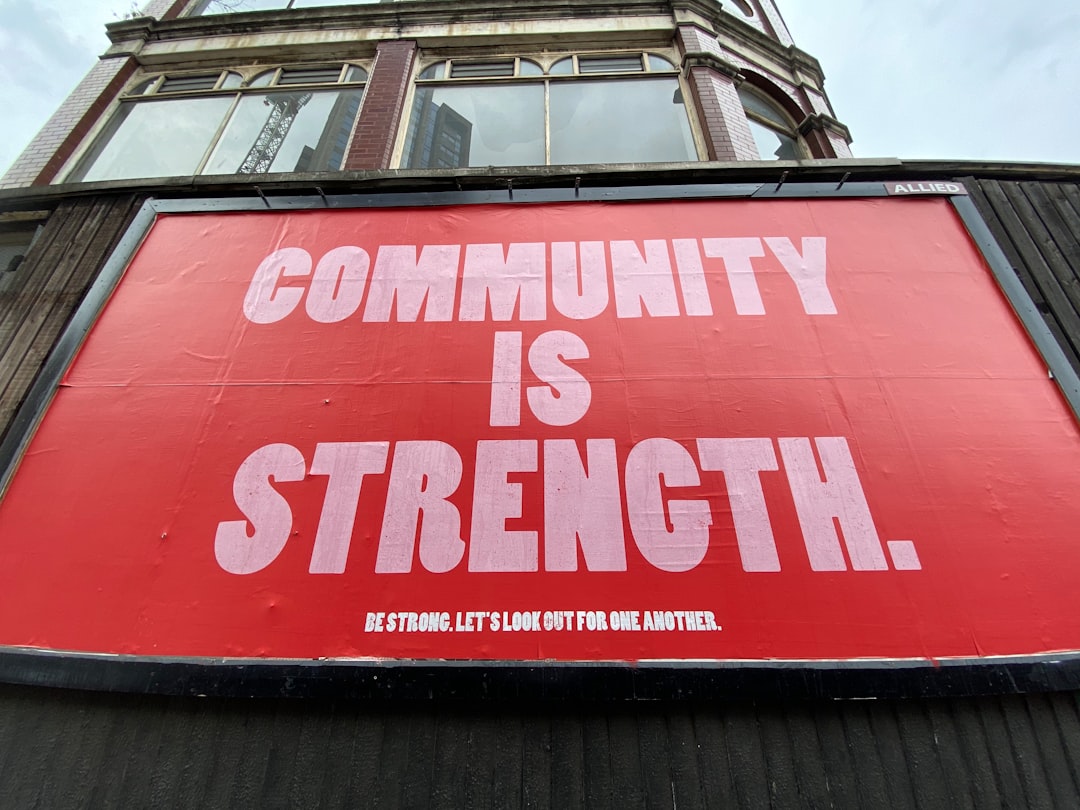Carving Out Spaces for Kindness in Academia
Notes on one month of the PNP Writing Circle

Not long ago, I was having a conversation about the culture of critique in academia with another academic—we’ll call her Celeste. She was discouraged because a reviewer gave her harsh and nitpicky feedback on an article. She showed me examples of the comments, and I had to agree that the tone and focus were unfair.
Celeste explained, “It’s like they really had to reach to find something else wrong with my paper, so they just chose a really minor thing to make into a major thing.” I could completely understand why she was so disheartened. The reviewer had essentially created a critique for the sake of having one.
Critique, judgment, and evaluation are all constants in this profession, and the sheer number of times we face rejection or harsh criticism can be overwhelming, especially for early-career scholars managing imposter syndrome. Critique feels personal.
Even when caring mentors and advisors provide us with constructive feedback, it can hurt at first. As I have written before,
The day my advisor’s red pen found me was devastating. I was in year one of graduate school, and it was the first time she had read my work. Her feedback was kind and constructive, but somehow the amount of work that paper required made me feel like a failure.
Constructive feedback is important for our development as thinkers and writers, but I believe we must work much harder in academia to create environments that are more supportive and edifying, rather than constantly focusing on what is missing or what needs to be further refined.
Enter the PNP Writing Circle
This is why I value the PNP Writing Circle so much. We have only been together for a month, but we have already established a supportive and encouraging environment that is far too rare in many academic settings.
For example, I recently asked the group to suggest community guidelines for us to use going forward, and the intrepid writers came up with the following, which they’ve already put into practice:
Come as you are: We accept and value you just as you are, regardless of how much or how little you write in a given week. Each of us will have good and bad weeks, and everyone is welcome, even if you do not meet or come close to meeting your goals. Just keep coming back.
Encourage positivity: We celebrate each other's accomplishments, no matter how large or small, and provide encouragement without judgment. As one circle member explains, “It's sometimes hard to see our own progress, but we can help each other see it in ourselves." Academia excels at critique and constructive feedback, which are important in our work but not the focus of our circle. This is a safe environment to share small joys, large disappointments, and everything in between.
Offer advice mindfully: In the circle, we sometimes share advice and what has worked for us, but only when asked for. We prioritize empathy and understanding and refrain from giving unsolicited feedback. We understand that everyone's writing journey is unique, and support should be given with sensitivity and care.
Speak from your own experience: We share insights and advice based on our personal experiences as writers and scholars. Instead of giving directives, we offer suggestions by saying, "Here's what worked for me" or "Here's what I might do." This approach allows openness to many possibilities.
Support your well-being and the well-being of others: We are a community that values and promotes the physical, emotional, and mental health of ourselves and others. We recognize that writing and other academic work are just one aspect of our lives. We value each other holistically.
I absolutely love these guidelines and think they represent the tone of the group well.
As one circle member remarked, “I feel like we all probably have enough people in our lives or work who give us honest or harsh feedback. And we all probably need just a little bit more kindness in our lives.”
Amen, sister.
The group has also benefited me personally in other ways. Simply having the accountability to check in on Mondays and Fridays allows me to prioritize my writing goals throughout the week. Writing, particularly the individual parts, can easily be overlooked in favor of teaching and service, which have more built-in accountability. We have to show up for class each week, but we can disregard writing more easily.
The PNP Writing Circle shows up for each other every week and hopefully makes the academy a little bit kinder in the process.
Find your people
I’m a firm believer in finding or building kind communities in this profession. You can join us in the PNP Writing Circle, form your own community in real life, or in other online spaces. This post may give you more ideas:
Fostering Community, Transparency, and Vulnerability in the Academy
Academia can be a notoriously lonely place. Many of us toil away on our work alone and attempt to make progress towards our goals of graduating, getting a job, and achieving tenure without a community that understands the pressures we face. Much of our time feels like stumbling in the dark towards our goals unless we have strong mentoring or support structures embedded in our institutions.
Want to join us?
All paid subscribers get access to The PNP Writing Circle. You’ll get an email each Monday to check in with the group about your goals and encourage one another, and then each Friday you’ll be reminded to check back in to see how things went. You can read more about the circle here. Join us if you are a practicing academic, independent scholar, or writer. All are welcome.
I hope to see you there! Psssst. “Celeste!”





